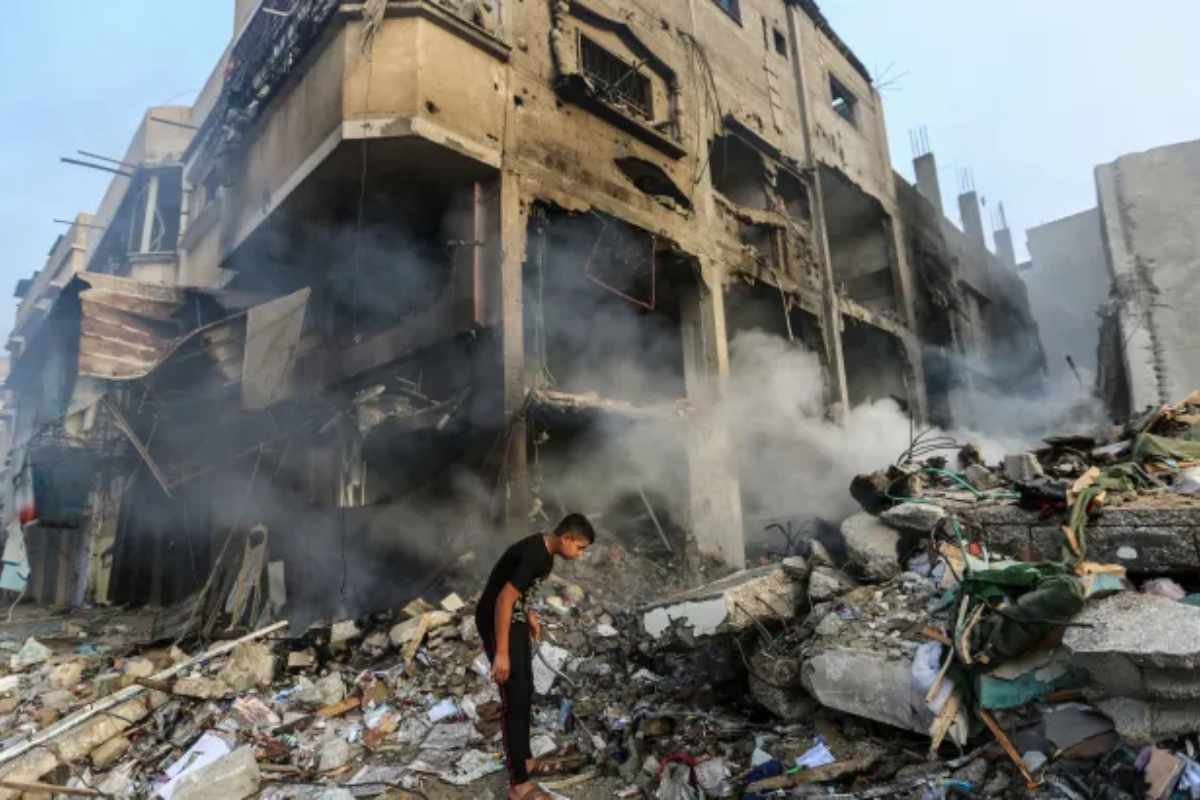Source – aljazeera.com
The delicate agreement aimed at halting the conflict in Gaza is teetering on the edge of collapse, with no immediate fallback options available, according to sources from both U.S. and Israeli officials. Gaza deal, painstakingly crafted over several weeks in July by a coalition comprising the U.S., Israel, Egypt, and Qatar, represents the most comprehensive proposal yet. It was designed to address the concerns of both Hamas and Israel, incorporating tailored terms intended to satisfy both parties’ demands.
Despite Israel’s formal endorsement of the proposal, Hamas has publicly rejected it, casting a shadow of doubt over the deal’s future. This rejection has led U.S. officials to worry that the current proposal may unravel just like previous attempts, leaving both sides entrenched in conflict with no clear resolution or path to resolve outstanding issues, including the release of hostages.
Public Optimism vs. Private Despair
In contrast to the dire internal assessments, U.S. officials continue to publicly project optimism about the negotiations. They stress the urgency of persuading Hamas to come to an agreement, asserting that progress has been made and that a Gaza deal is closer than ever. Just a few weeks prior, there was a wave of optimism within the Biden administration, fueled by private indications from Hamas that they might be open to the deal. However, recent developments have dampened this optimism.
Many officials are now frustrated by Hamas’s public rhetoric, which appears to be increasingly dismissive of the proposed terms. This has led to a growing sense of uncertainty regarding whether Hamas’s statements are strategic posturing or genuine opposition to the agreement. The contrast between public statements and the behind-the-scenes reality reflects a complex and tense negotiation process.
Future Negotiations and Risks
As the negotiations move forward, key figures, including senior White House adviser Brett McGurk, are scheduled to return to Cairo this week to address the remaining issues and push for a final agreement. The possibility of Hamas rejecting the Gaza deal raises serious concerns about escalating violence. If the current proposal collapses, the risk of increased conflict between Israel and Hamas could rise, with potential spillover effects involving other regional actors such as Hezbollah and Iran. The stakes are high, as failure to secure a deal could lead to a broader confrontation, potentially drawing in Iran and exacerbating regional tensions.
The officials involved in the talks are increasingly worried about the implications of a failed Gaza deal. The uncertainty surrounding Hamas’s stance creates a volatile situation, with potential repercussions that could lead to a significant escalation of violence. The risk of a full-scale confrontation not only threatens to undermine the current efforts at peace but also poses a grave danger of destabilizing the region further. The coming days are critical as negotiators work tirelessly to bridge the gap and achieve a resolution that could prevent a deepening crisis.









